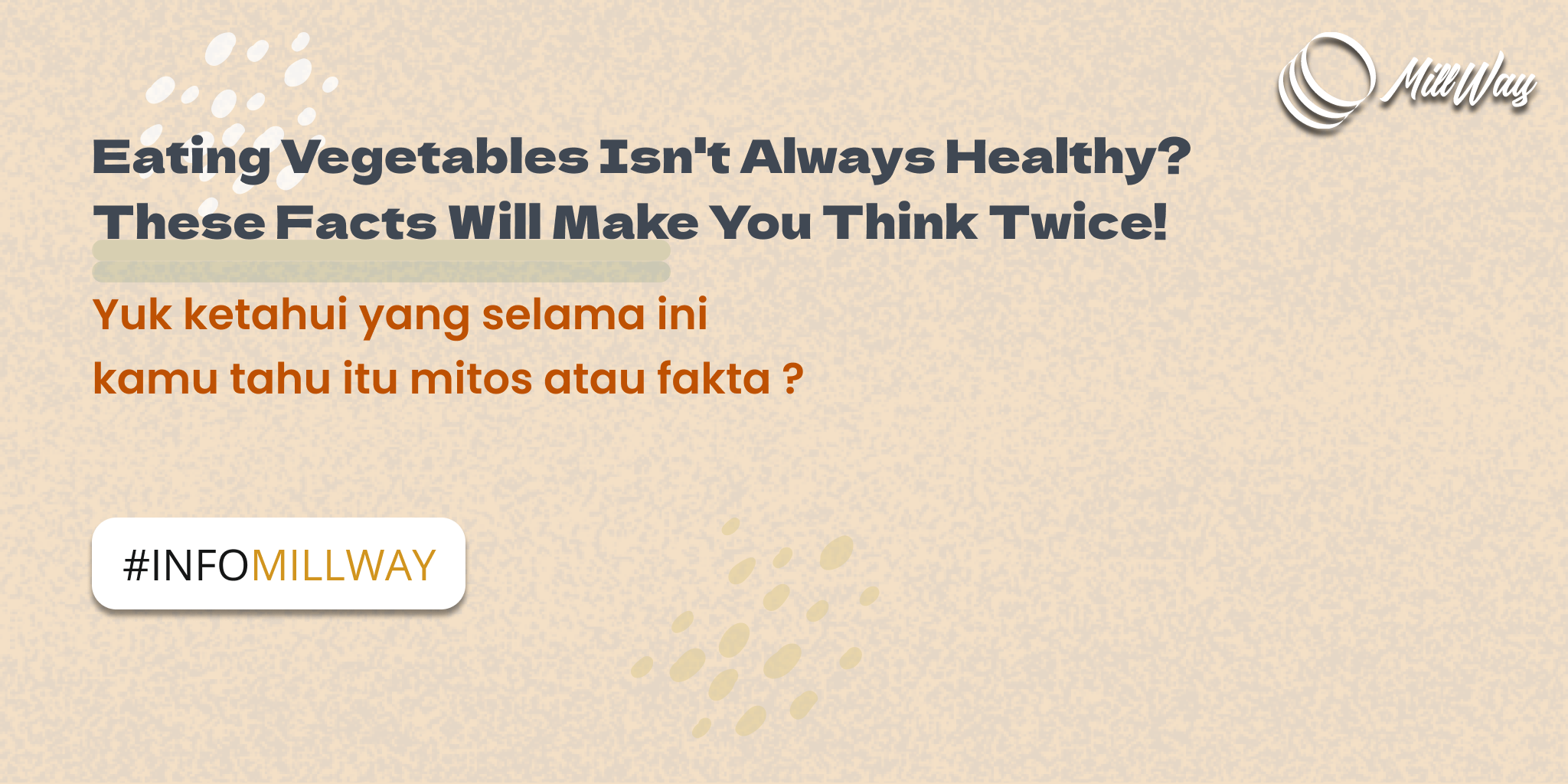
We often assume that anything labeled "vegetables" is automatically healthy. But in reality, there are a lot of veggie myths that might make our eating habits less optimal. Let's break them down one by one — with facts and sources!
Fact: Not all vegetables are best consumed raw. Some actually increase in nutritional value when cooked.
👉 Caution: Don’t overcook them as it can destroy water-soluble vitamins like vitamin C.
Fact: Too much of anything can be harmful — even vegetables high in oxalates like spinach and kale.
(Source: Harvard T.H. Chan School of Public Health)
👉 Tip: Rotate your veggies daily. Don’t stick to just one kind.
Fact: Juicing vegetables removes most of the fiber, which is essential for digestion, blood sugar control, and satiety.
(Source: Mayo Clinic & American Heart Association)
👉 Better to eat veggies whole or as smoothies (which retain fiber).
Fact: The nutritional difference between organic and non-organic is minimal. The main benefit of organic is lower pesticide exposure and eco-friendliness.
(Source: Stanford University Meta-analysis, 2012)
Fact: Non-green vegetables also offer unique nutrients. Color = different phytonutrients.
(Source: Cleveland Clinic & American Institute for Cancer Research)
🥗 Vegetables are still essential to health, but they must be consumed smartly.
📌 Learn how to prepare, vary, and portion them — so your healthy intentions don’t go off track.
